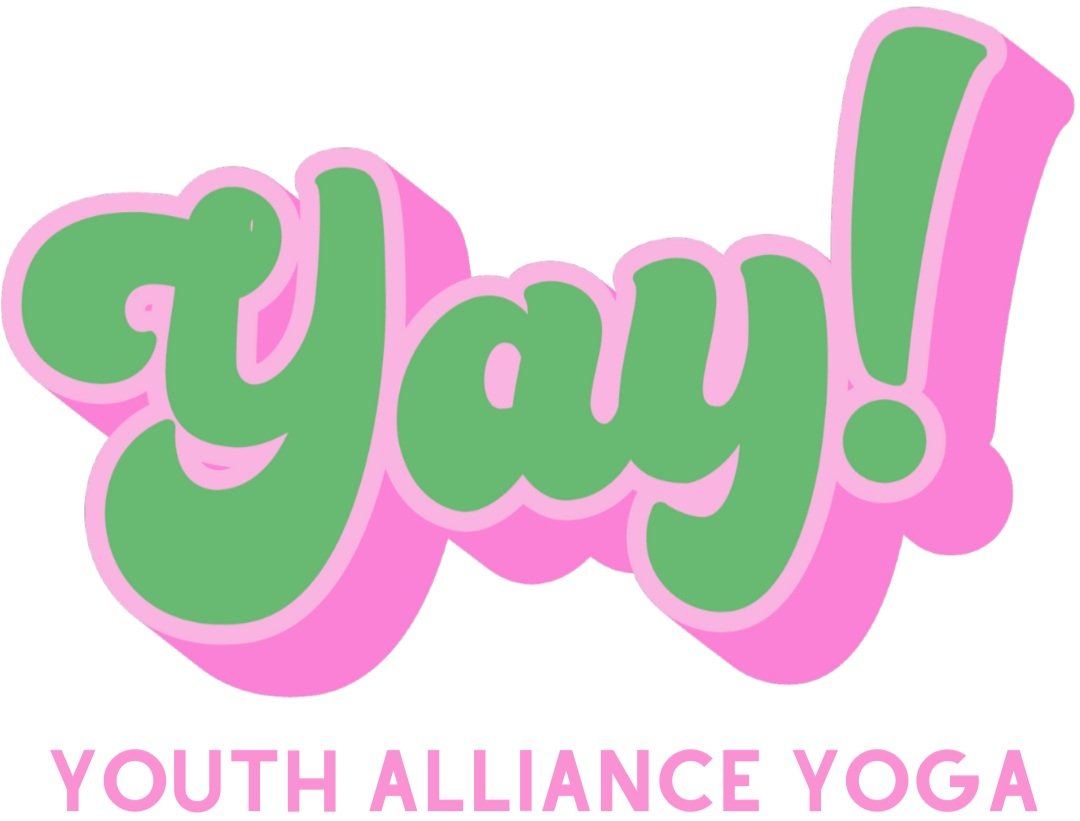What is Yoga Alliance? Can I trust it?
Yoga Alliance is a non-profit organization based in the United States that sets standards for the yoga industry.
Yoga Alliance exists because the profession of yoga is not governmentally regulated, at least in the United States. Yoga Alliance steps in to fill that void and offer a transparent, rigorous, and highly vetted set of standards for the profession.
The Case Against Yoga Alliance
There are valid criticisms of Yoga Alliance — it is based in the United States (most yoga stems from Indian lineages), it has historically had primarily white leadership (this misrepresents yoga’s roots while reinforcing the cultural appropriation of yoga), and it often ignores many different paths one may take to become a yoga teacher. For instance, one could train under an Indian guru in an ashram — and if it’s not a Yoga Alliance Registered Yoga School (RYS), then… your education is not eligible for a Yoga Alliance credential. And in addition to this, Yoga Alliance only recognizes a limited number of credentials for schools and teachers.
The Case For Yoga Alliance
The United States runs on capitalism — and capitalism runs on price competition, privatized intellectual property, and wage labor. If the government doesn’t set standards for a profession or trade, the private market will. And since the private market is driven by money, the only alternative way to create fairness in an industry or trade — and make sure it isn’t tied up in special interests — is to place it in the hands of a nonprofit. As a nonprofit, Yoga Alliance maintains a transparent and clear set of standards for yoga schools and teachers so that both businesses and professionals can benchmark their learning to a standardized set of practices. In the absence of this, “certification” could mean literally anything and be offered by anyone, regardless of their background, education, or experience with yoga — and many yoga businesses operate this way.
What can I expect from Yoga Alliance?
Yoga Alliance offers three types of yoga profession credentials, which are called “registrations” rather than “certifications.” They use the term “registration” mainly because (1) joining Alliance is voluntary, not compulsory, for the professional practice of yoga, and (2) “certification” implies alignment to governmental trade standards, which there are none. Yoga Alliance says these credentials “serve as markers of high quality, safe, accessible, and equitable yoga teaching.”
Registered Yoga Teacher (RYT, E-RYT, RCYT, RPYT)
Registered Yoga School (RYS)
Further:
To retain any of these credentials, you must join Yoga Alliance and maintain your membership. Doing so gains you access to a wide range of member benefits, as well as an abundance of tools, resources, events, and professional support to help foster and protect your livelihood. You will also be listed in our yoga professional directory, helping to build your network and allow those who are seeking your service to easily find you.
Do you have questions about RCYT registration with Yoga Alliance? Email jill@missionpropelle.com! (We do not represent the Yoga Alliance — if you want answers from someone within their organization, try their contact page.)
